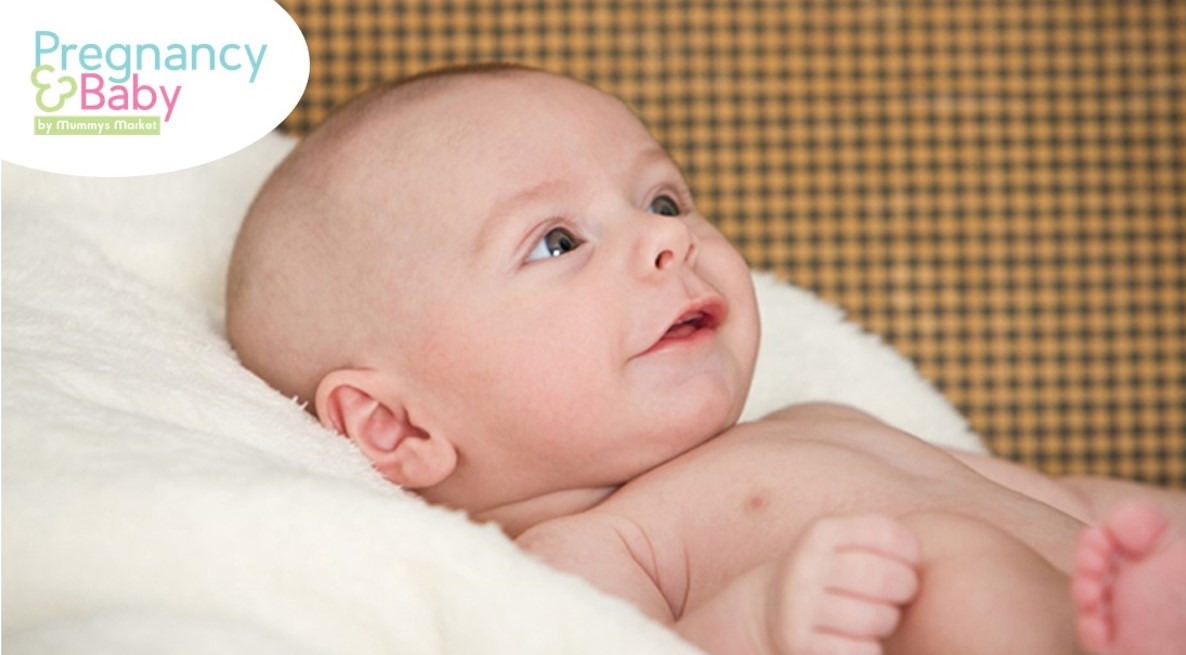 Source: bing.com
Source: bing.comTable of Contents
Physical Development
Your baby is growing fast! By the second month, your little one has likely gained at least a pound since birth and grown an inch or two. You may notice that your baby’s head seems a little more balanced, and their movements are becoming smoother. They are also starting to develop better coordination and can move their limbs more purposefully.
One of the most exciting physical developments in the second month is that your baby will be able to hold their head up for longer periods. This means they can look around and observe their surroundings a bit more. You may also notice that your baby is starting to make eye contact and even smile back at you!
Sensory Development
Your baby’s senses are also rapidly developing during the second month. They are becoming more responsive to sights and sounds, and you may notice that they are more alert and interested in their surroundings. Your baby may even start to recognize familiar faces and objects, such as their parents or a favorite toy.
You can help support your baby’s sensory development by talking to them and engaging with them in play. Show them different objects and describe them using simple words. Sing songs or nursery rhymes to them, and make different sounds to capture their attention.
Feeding and Sleeping
During the second month, your baby’s feeding and sleeping patterns are likely starting to become more regular. Your baby may still be feeding every two to three hours, but they may be able to go a bit longer at night without needing a feed. They may also start to settle into a more predictable sleep schedule, with longer periods of sleep at night and shorter naps during the day.
Remember, every baby is different, and there is no “right” way to feed or sleep train your baby. Follow your instincts and seek the advice of your healthcare provider if you have any concerns or questions.
Developmental Milestones
While every baby develops at their own pace, there are some common developmental milestones that many babies reach by the end of the second month. These include:
- Lifting their head up for short periods of time
- Making eye contact and smiling in response to you
- Moving their arms and legs more purposefully
- Following objects with their eyes
- Recognizing familiar faces and objects
Keep in mind that all babies develop differently, and it’s important not to compare your baby’s development to others. If you have concerns about your baby’s development or feel like they may be behind in certain areas, talk to your healthcare provider.
Frequently Asked Questions
What can I do to support my baby’s development during the second month?
Talk to your baby and engage with them in play, showing them different objects and describing them using simple words. Sing songs or nursery rhymes to them, and make different sounds to capture their attention. Provide plenty of tummy time to help strengthen their neck muscles and practice lifting their head up.
When should my baby start sleeping through the night?
Every baby is different, and there is no set timeline for when a baby will start sleeping through the night. Some babies may start sleeping for longer stretches as early as two months, while others may take several more months. It’s important to follow your baby’s cues and establish a sleep routine that works for your family.
How often should I be feeding my two-month-old?
Most two-month-old babies will still need to feed every two to three hours, or up to eight times per day. However, every baby is different, and it’s important to follow your baby’s cues and feed them when they are hungry.
My baby is not reaching certain developmental milestones. Should I be concerned?
All babies develop at their own pace, and it’s important not to compare your baby to others. However, if you have concerns about your baby’s development or feel like they may be behind in certain areas, talk to your healthcare provider. They can help assess your baby’s development and provide guidance on any necessary interventions or therapies.
What toys or activities are appropriate for a two-month-old?
Simple toys that are easy to grasp and manipulate, such as soft rattles or cloth books, can be great for two-month-olds. Engaging in tummy time, singing songs, and reading aloud to your baby are also great ways to support their development and build a strong bond with them.
